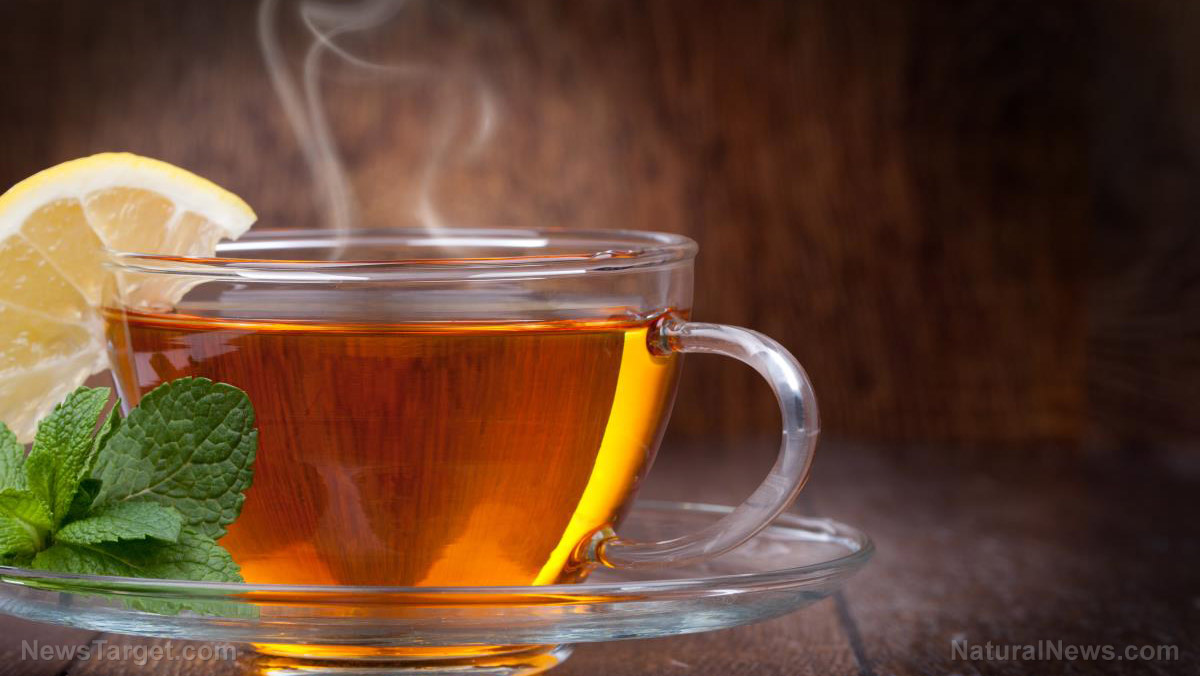
Advertisement
Drinking tea can provide the body with many health benefits, one of which is a lower risk of osteoporosis. In a meta-analysis published in the journal Nutrition Research, researchers from China Academy of Chinese Medical Sciences found that drinking tea can help increase bone mineral density, which may contribute to the prevention of osteoporosis.
Earlier studies have evaluated the link between tea consumption and the risk of osteoporosis, but the results are inconsistent. Therefore, researchers from China reviewed existing observational studies to evaluate the association between tea consumption and the risk of osteoporosis.
For the current review, the Chinese researchers included 16 articles that examined a total of 138,523 individuals. Seven studies on bone mineral density showed that bone mineral density increased with tea consumption, while the remaining nine studies on fracture reported that tea consumption did not affect osteoporotic fracture.
The results of the meta-analysis show that tea consumption could increase bone mineral density. However, its effect on osteoporotic fracture needs more investigation. Based on these findings, the Chinese researchers conclude that drinking tea could help lower your risk of osteoporosis by increasing bone mineral density.
Different types of tea and their health benefits
Tea, whether served iced or hot, is a great refreshing drink that can improve your health in many ways. All types of tea, except for herbal teas, are made from the leaves of the Camellia sinensis plant. Tea may be green, black, or oolong, depending on how long the leaves were processed. Here are the different types of tea and what they can offer you:
- Green tea: Green tea is the least processed type of tea and has the most amounts of polyphenols. In particular, it contains the polyphenol called catechins, which have been known for their potential to fight against cancer and heart disease. It was found that drinking a cup of green tea each day can reduce the risk of cardiovascular disease by 10 percent.
- Black tea: Black tea contains a lot of caffeine compared to other types of tea. It has about 40 milligrams (mg) of caffeine per cup. This type of tea has been known to reduce cholesterol levels because of its antioxidants thearubigins and theaflavins. Drinking at least three cups of black tea each day can lower your risk of stroke by 21 percent.
- Oolong tea: Oolong tea can help reduce triglycerides, a type of fat in the blood. In a study, researchers found that women who drank oolong tea burned a slightly larger amount of fat than those who drink only water. Additionally, oolong tea has antioxidants and niacin, which helps detoxify the body. (Related: Drinking tea healthier than drinking water, say researchers.)
- White tea: Similar to green tea, white tea also contains catechins which help protect against cancer and cardiovascular disease. Drinking white tea might also prevent the recurrence of cancer for breast cancer survivors.
Maximizing the health benefits of tea
The type of tea and water you use, as well as the additional ingredients you put in your tea, can affect its effectiveness on being a healthy drink. To optimize tea for bone mineral density support, try these tips:
- Use distilled water: Tap water, unlike distilled water, contains high levels of fluoride. Fluoride is toxic and accumulates in the bones and joints, which affect bone density.
- Choose organic: Organic tea is better than non-organic ones because it is free of synthetic fertilizers, herbicides, and pesticides.
- Don’t add sugar: Instead of adding sugar, try adding stevia or honey to your tea.
- Ensure alkalinity: You can balance your tea by adding alkalizing foods or ingredients, such as lemon, to your tea.
Read more news stories and studies on how to prevent osteoporosis by going to Prevention.news.
Sources include:
Advertisements







